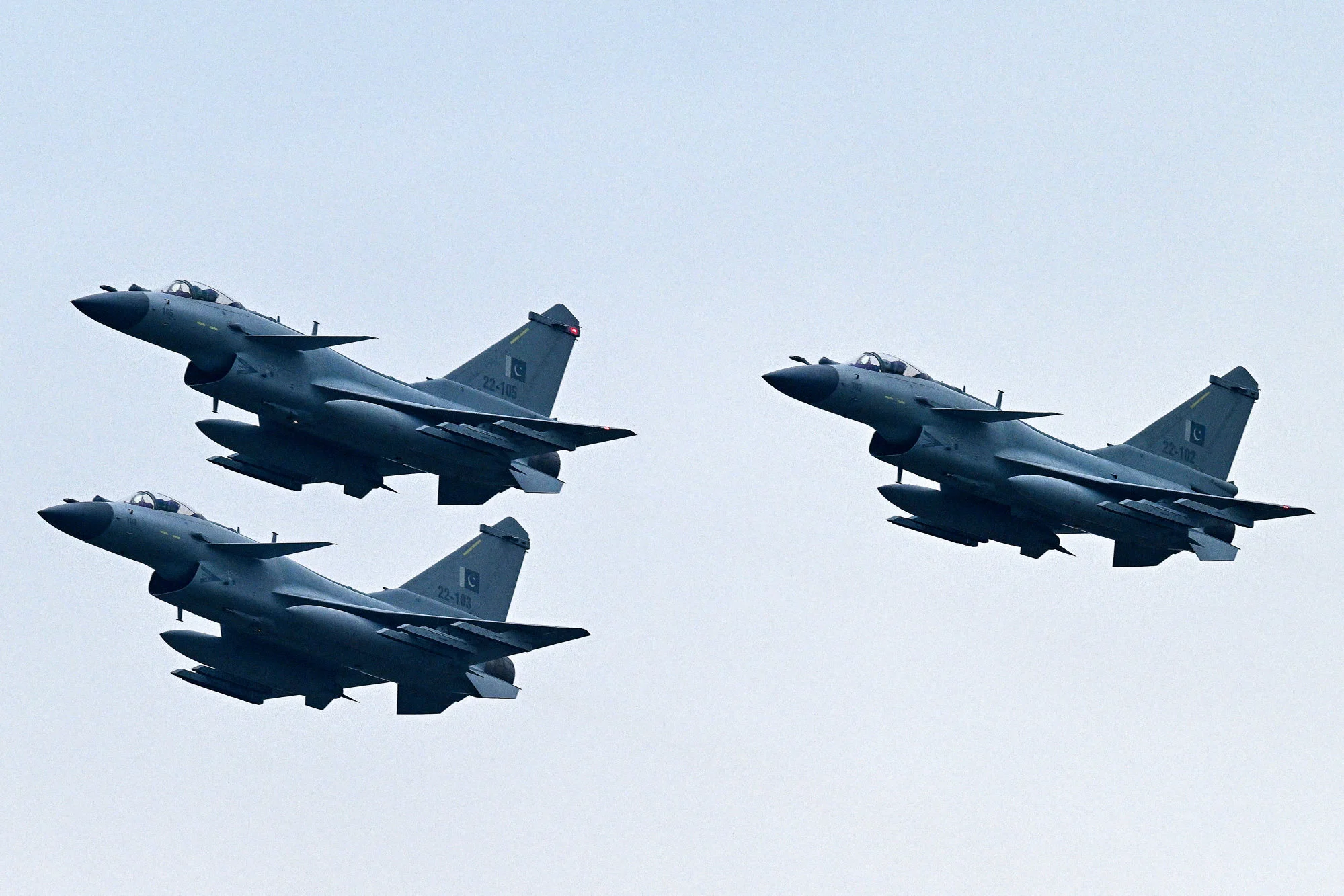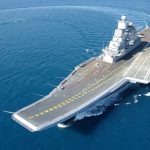Indonesia is considering a Chinese offer to purchase J-10 fighter jets, a deal that could mark a significant deepening of its defense ties with Beijing. The J-10s, which were recently battle-tested in Pakistan’s clashes with India over Kashmir, are now under review by Indonesian defense officials.
Deputy Defense Minister Donny Ermawan Taufanto confirmed during a public discussion in Jakarta that the aircraft were offered during a recent visit by Indonesian Air Force personnel to China. However, he clarified that the offer remains preliminary and that no technical evaluation team has been dispatched to Beijing yet. “This is just an offer,” Taufanto stated.
The possible procurement is part of a broader military modernization effort under President Prabowo Subianto, who has emphasized diversifying suppliers and maintaining Indonesia’s diplomatic neutrality. The country is already pursuing a separate deal for French Rafale jets and has also been involved in South Korea’s KF-21 jet development program.
Developed by Avic Chengdu Aircraft Co Ltd., the J-10 is a single-engine, multirole fighter jet widely used by China’s air force and inducted into service by Pakistan in 2022. Its deployment was seen as a direct response to India’s acquisition of Rafale jets. A successful Indonesian deal would mark the first time the Southeast Asian nation procures fighter aircraft from China, though it has previously acquired Chinese munitions and surveillance equipment.
Taufanto reiterated that Indonesia’s defense procurement policy remains pragmatic and non-aligned. “If we find that the jet performs well, meets our criteria, and comes at a good price, why not?” he said. “We’re not bound by any alliance, so we can source weapons from any country, including China.”
As global military spending rises amid ongoing conflicts such as the war in Ukraine, Indonesia’s move reflects its intent to balance strategic autonomy with rapid defense capability enhancement. Indonesia is also reportedly revisiting plans to purchase F-15EX jets from Boeing and has expressed interest in Turkey’s next-generation KAAN fighter program.













